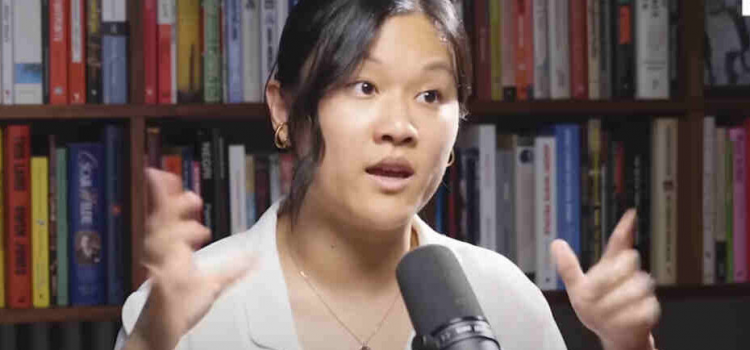I have posted an article to my Linkedin blog. I had come across an article on medium, and so probably behind their paywall, called, “The Death of Agile: Why Tech Giants Are Abandoning Scrum and What They Use Instead”. One of the alternatives the author suggests is a zero methodology regime.
I extracted what I consider important from the article and argue these are critiques of SCRUM not necessarily of Agile. I made a note in 2021, called SCRUM, where after listing a series of critiques of SCRUM, I highlighted four of the principles from the Agile manifesto, which I think remain relevant,
· Individuals and interactions over processes and tools
· Working software over comprehensive documentation
· Customer collaboration over contract negotiation
· Responding to change over following a plan
While not a fan of poor documentation, as I don’t consider the product finished without good documentation, these are useful, people centric and optimistic strategies.They rely on empowering talent, not micromanaging it.
I first wrote about Theory X/Theory Y in my blog article “Maximising Creativity” (2004), where I acknowledge its authorship by Douglas McGregor. I first heard about it in the ’80’s and McGregor wrote his book , “The Human Side of Enterprise”, in 1960.
In my previous article I concluded that while Agile maybe a Theory Y methodology/ideology, SCRUM is not, it is a Theory X methodology and the result of a Theory X methodologies is a Theory X organisation. …









